Africa/Kenya/11-12-2020/Author an Source: www.kbc.co.ke
The government is developing a digital map indicating the status of land-ownership for all public schools across the country as part of plans to bolster the ongoing campaign of issuing title deeds to government learning institutions to protect them from land grabbers.
Officials with Shule Yangu Alliance, a joint venture by government and partners drawn from the private sector, say the digital map will be in an online portal to give the true reflection of land-ownership for thousands of public schools in all the 47 counties.
Mr. Edwin Birech, a program officer with Shule Yangu Alliance, disclosed that the majority of schools in the country were at risk of being grabbed due lack of title deeds.
Already, he added, 4,000 public schools, both secondary and primary, have registered complaints of being embroiled in land ownership wrangles with suspected fraudsters masquerading as private investors.
Mr. Birech called for community-involvement in safeguarding the schools by establishing the status of such institutions especially if they are located within their areas to shield them from land grabbers and other risks.
He was speaking at Voi on Thursday during a sensitization workshop on the importance of promoting the issuance of title deeds to schools. Amongst those present included members of locally-based Community Based Organization (CBOs), religious leaders, youth leaders and rights activists from the region.
“These public schools principally serve communities in that immediate neighborhood. This is why the public must strive to find out if those schools have title deeds and if not, what is their status so far,” he advised.
The interactive digital map will indicate the counties and all public schools within them. Specific data from schools will include name of school, size of land, status of land ownership and whether the school had land-related cases.
Mr. Birech stated the map will be a one-stop point for providing accurate data on school land. He admitted that tracing some vital documents related to schools was a challenge owing to several factors including devolution where land ownership changed from municipal and town councils to county government.
“Documents for land allocated for schools by former town and municipal councils takes longer to find owing to changes in management of land systems from councils to counties. We are however confident we will get all data and upload it on the portal for people to know the status of their schools,” he said.
From independence to 2015, only 4,998 schools had been issued with title deeds out of over 32,000 registered public schools.
Data from the Shule Yangu Alliance Campaign shows that after the initiative was launched, the number of learning institutions with title deeds rose to 14,714 by 2020. This, the officials say, is a gain of 9,700 title deeds within five years.
A school-ownership registration audit done in 2018/19 disclosed that 4,100 public schools in Kenya are at risk of being grabbed. The officials said there are 161 active cases of school-land grab being followed for action with a view of ensuring the institutions were not deprived of their land.
He disclosed that those cases involved boundary disputes, multiple allocations and blatant grabbing.
Mr. Derick Makhandia, a law expert with Transparency International; a partner in the campaign, stated that community sensitization was key to protecting public schools from being grabbed. He noted that most school land was located in prime areas that had high market value and therefore faced significantly higher risks of being appropriated by fraudsters out to make quick money.
“The onus lies with everyone to make sure the schools are secured from any of those risks,” he said.
In Taita-Taveta County, only 46 public schools have title deeds out of over 300 institutions. In counties like West Pokot, not a single public school has a title deed.
The Shule Yangu Campaign has already conducted sensitization workshops in several counties including Elgeyo Marakwet, Uasin Gishu, Kiambu, Nairobi, Machakos and Kisumu. Others counties are Homabay and Vihiga.
In May, the Chief Administrative Secretary for Lands Gideon Mung’aro said the Lands Ministry would start issuing title deeds for all public lands in the country; a program that will run alongside the Shule Yangu Campaign
Source and Image: https://www.kbc.co.ke/govt-to-develop-a-digital-map-to-boost-school-titling-program/
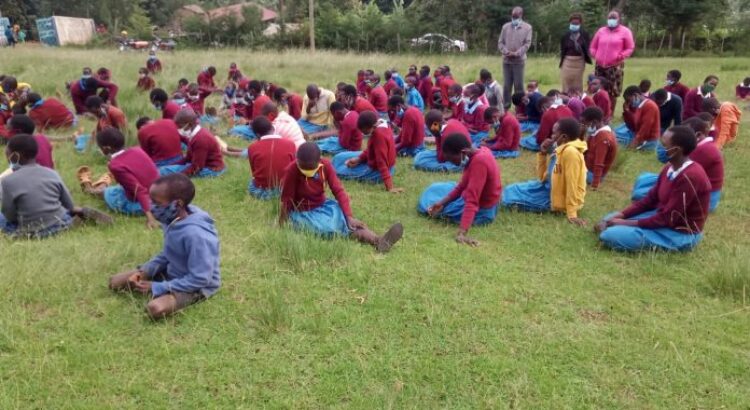
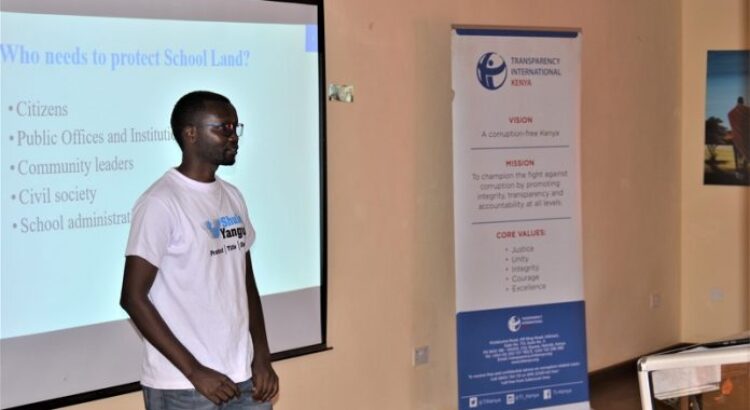
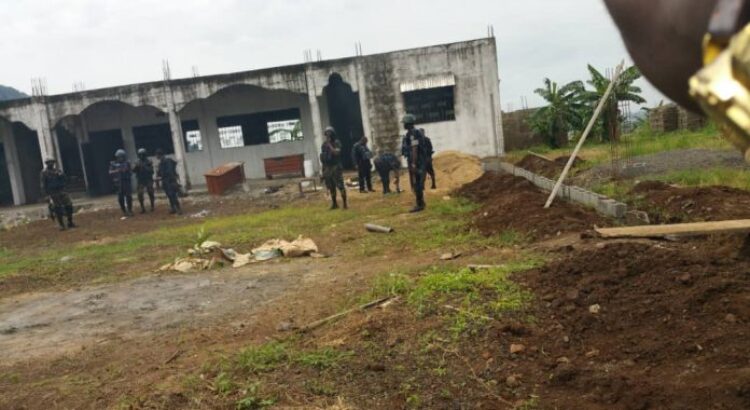
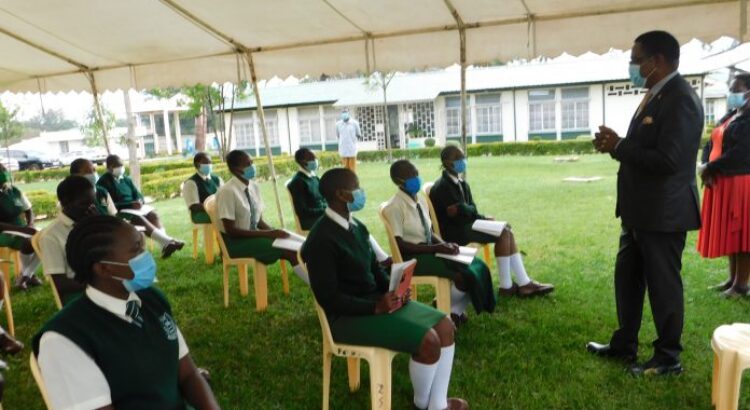
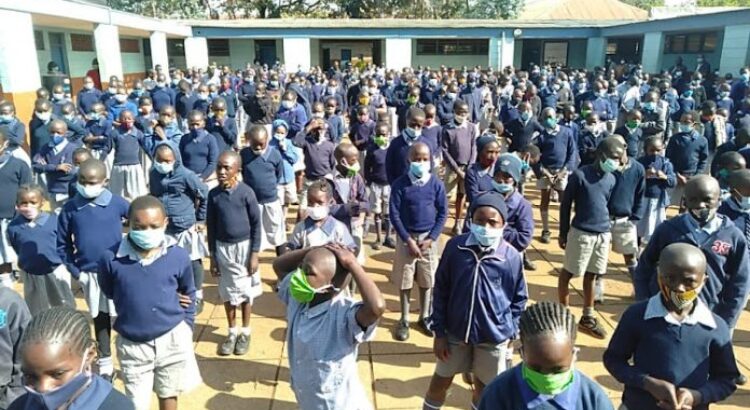

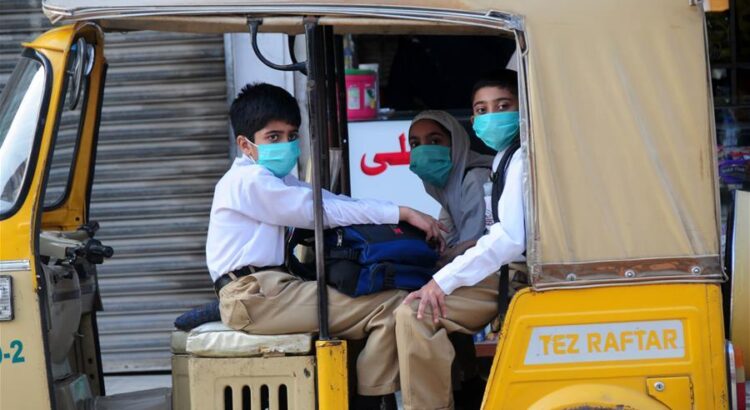
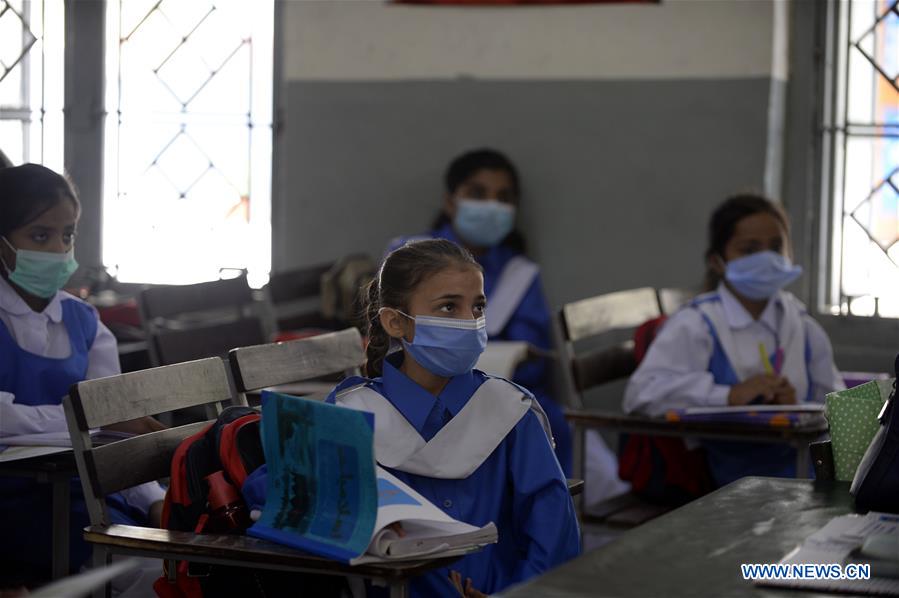
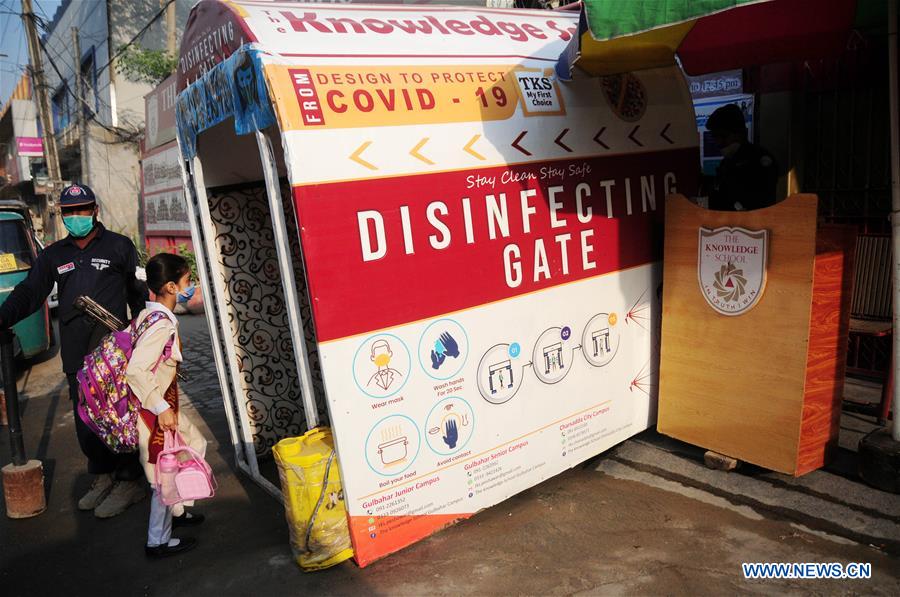
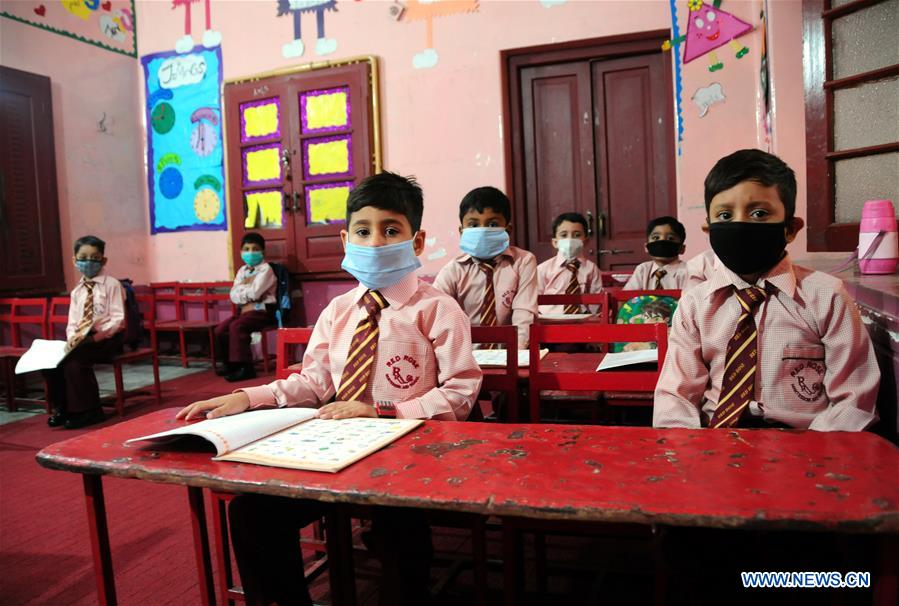
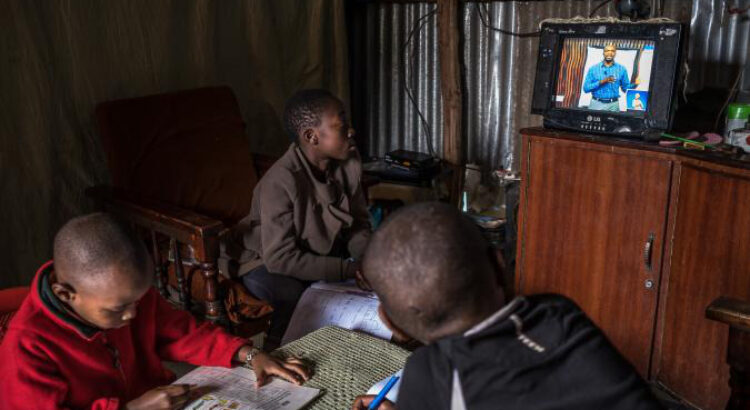






 Users Today : 22
Users Today : 22 Total Users : 35460153
Total Users : 35460153 Views Today : 36
Views Today : 36 Total views : 3418819
Total views : 3418819